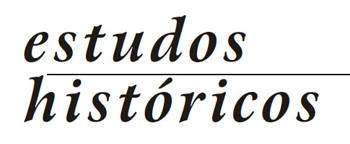Abstract
The institutionalization of the Portuguese authoritarian state had as its main landmark the promulgation of the Political Constitution of 1933. in which the corporate ideology was inscribed More than having a stabilizing profile, it was projected as an ideal of the state project to be built. Though with a wide regulatory range, the Constitution influenced mainly the economic domain. It remains to be studied how the economic and social architecture of the 1933 Constitution was conceived or which political negotiations explain its final design. Taking Jon Elster’s statement that the process of writing a constitution is little explored, both in national case studies and in comparative ones, this article seeks to contribute toward filling in this gap. It will take in consideration the cognitive assumptions of the creators of the Portuguese constitutional text of 1933, as well as their beliefs about the institutional arrangements capable of producing better results.
Keywords:
State; authoritarianism; Constitution, corporatism; economic organization; Portugal
